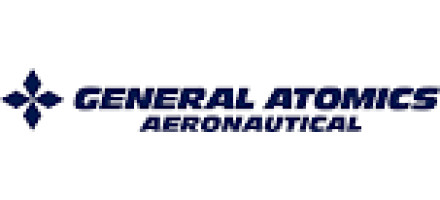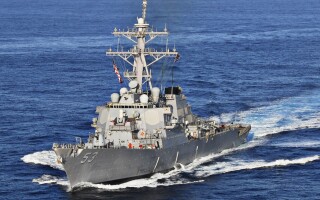Edge-computing test on UAS deemed successful for GA-ASI and SRC
NewsSeptember 08, 2020

SAN DIEGO. General Atomics Aeronautical Systems, Inc.(GA-ASI), in cooperation with defense contractor SRC Inc. (Syracuse, New York) reports that it successfully integrated and flew the Air Force Research Laboratory (AFRL) Agile Condor Pod on an MQ-9 remotely piloted sircraft (RPA) at GA-ASI’s Flight Test and Training Center in Grand Forks, North Dakota.
According to the report on the test from GA-ASI, the Agile Condor Pod enables onboard high-speed computer processing paired with machine learning algorithms to detect, correlate, identify, and track targets of interest. These technologies enable the MQ-9 to identify objects autonomously using its onboard electro-optical/infrared (EO/IR) sensor and GA-ASI’s Lynx synthetic aperture radar (SAR).
According to GA-ASI officials, high-powered computing at the edge enables autonomous target detection, identification, and nomination at extended ranges, while onboard processing reduces communication bandwidth requirements to share target information with other platforms, which is a major step toward greater automation, autonomous target detection, and rapid decision-making.
GA-ASI president David R. Alexander stated: “Computing at the edge has tremendous implications for future unmanned systems. GA-ASI is committed to expanding artificial intelligence capabilities on unmanned systems and the Agile Condor capability is proof positive that we can accurately and effectively shorten the observe, orient, decide, and act cycle to achieve information superiority. GA-ASI is excited to continue working with AFRL to advance artificial intelligence technologies that will lead to increased autonomous mission capabilities.”










